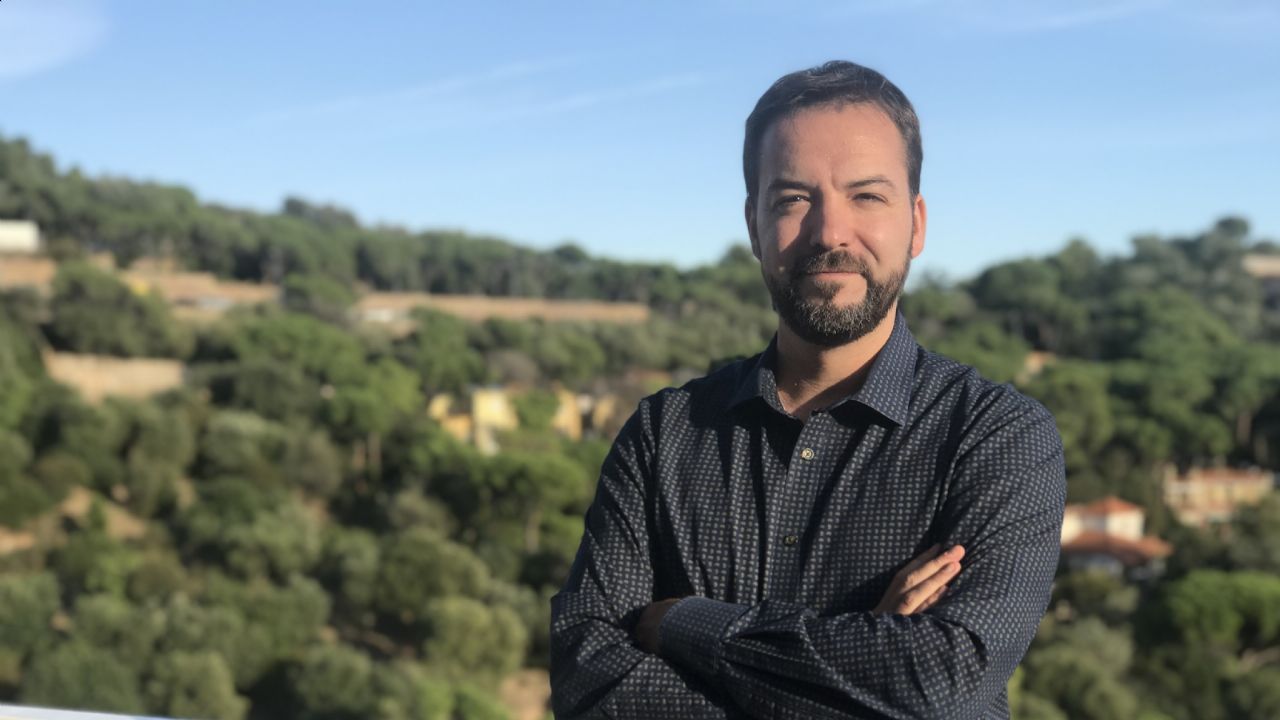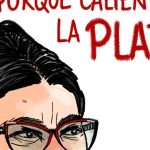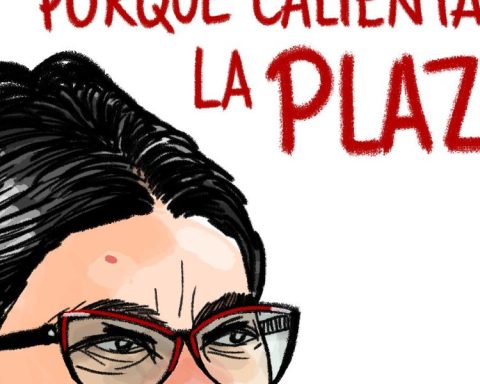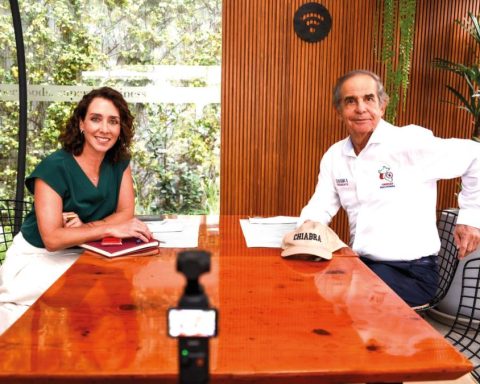On Monday, November 14, from 3:00 p.m. to 6:30 p.m., the Educational Day will take place “New Horizons for Teaching: Motivation and Technology”an event to be held at the CEA, (Antonio Bellet 314, Providencia), and which will convene a series of local and international experts in Chile. The neurobiologist and specialist in cognitive psychology of memory and learning, Hector Ruiz Martinwill be the main speaker of the educational day.
Ruiz Martindirector of the International Science Teaching Foundation (ISTF) will give the conference “What science tells us about how to motivate students”in which he will reflect on how educational research supports the need to incorporate motivational strategies in classrooms.
The ISTF, which organizes the meeting, is a non-profit organization based in London Y Barcelona. The foundation is dedicated to improving science and technology education globally, and aims to provide all students with a quality education based on research into how people learn.
Educational project backed by science
The ISTF has developed the Science Bits curriculum project, which has a repository of science lessons, and which promotes the transition from a traditional educational model to one that encourages exploration, reasoning and “learning by doing”.
The project, designed to make the most of the possibilities offered by the digital format in classrooms, is based on the constructivist model of “5E”. The Model proposes a better understanding of the content and learning focused on guided discovery and the development of educational skills.
Science Bits has become the only project of its kind whose effectiveness has been scientifically validated. The study published in the scientific journal International Journal of Science Educationconducted by a team of researchers from the University of Barcelona and the Rovira i Virgili University, revealed that students in schools that adopted the model 5E through the Science Bits program they improved their conceptual learning in a relevant and sustained way, while the control group schools did not experience any evolution in the five years that the study lasted.
Over the last few years, Science Bits has obtained more than 20 international awards for its contribution to teaching from various institutions linked to the world of education, and currently reaches more than 250,000 students in 32 countries around the world.
Science Bits is currently present in some of the most prestigious schools in Chile, with very positive results for students, as some of its teachers attest.
In Chile, the teaching of STEM areas represents one of the greatest challenges for education: according to international measurements, only 1% of national students reach the advanced level, and up to almost a third do not have the knowledge in some evaluated areas.
Hector Ruiz Martin
Hector Ruiz Martin is the director of the International Science Teaching Foundation. Neurobiologist and researcher in the fields of cognitive psychology of memory and learning, he has taught both in secondary education and at university.
His scientific career has been developed in the University of Barcelona, University of Washington and the NASA’s Jet Propulsion Laboratory in California, among others. He has advised different governments and educational institutions in Spain, Asia and Latin America.
He is also the author of numerous articles and books, including “How do we learn? A scientific approach to learning and teachinga reference text for the educational community that compiles the various topics addressed by the learning sciences that are of interest to educational practice.
his latest book, “The secrets of memory”, published by Penguin Random Housetraces a journey through the stories of the people who have allowed science to understand the functioning, potential and limitations of memory.
The author is internationally recognized for his contribution to research on how we learn, promoting innovative methods to promote the transmission of content related to the areas of STEM (acronym in English for science, technology, engineering and mathematics).
















